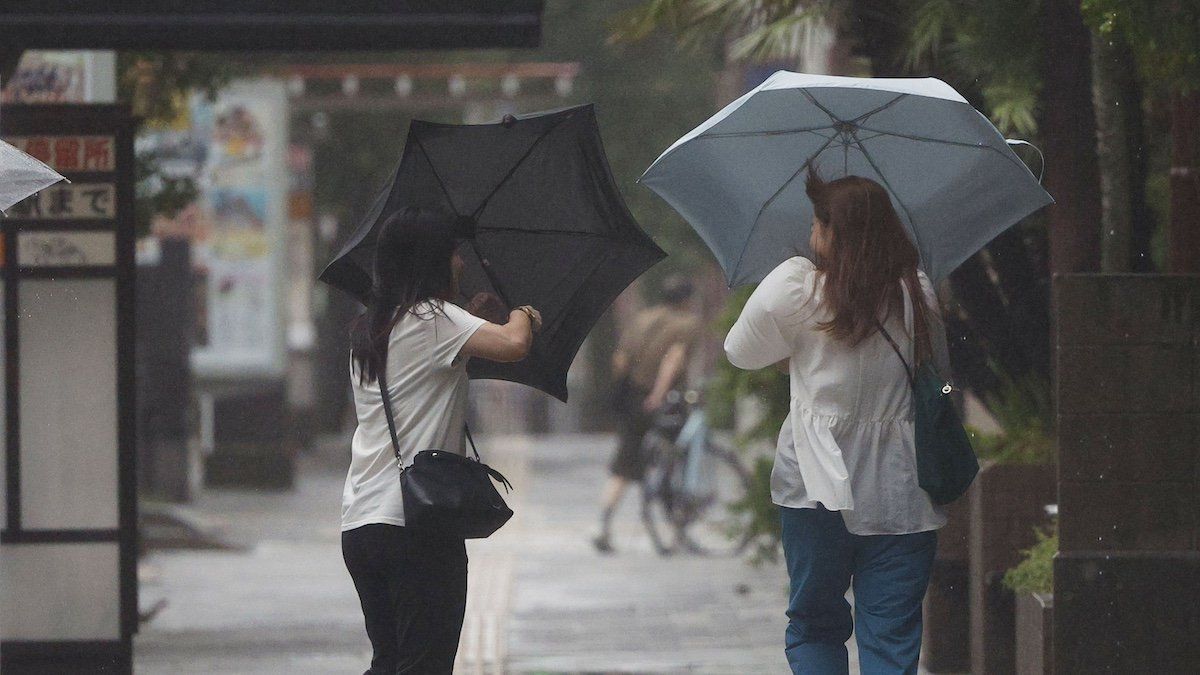Hard Numbers: Typhoon pummels Japan, Germany deports Afghans, Press freedoms attacked in Hong Kong, Israel and Hamas pause for vaccinations, Hundreds lost eyesight in Bangladesh violence
5.2 million: At least three people have been killed by Typhoon Shanshan in Japan, and on Thursday, evacuation notices were issued for over 5.2 million people as the storm pummeled the southwest part of the island, bringing torrential rain and 112 mph wind gusts. More than 200,000 households lost power, and authorities have warned it could be one of the strongest storms ever to hit the area.
28: For the first time since August 2021, Germany has dispatched a deportation flight to Afghanistan. Authorities said the 28 deportees were all Afghan nationals and convicted offenders “who had no right to stay in Germany.” The German government had stopped sending Afghans back to their native country after the Taliban regained power owing to human rights concerns. The flight departed early Friday and was the culmination of two months of secret negotiations aided by mediator Qatar.
2: Two former editors of the pro-democracy publication Stand News — Chung Pui-kuen and Patrick Lam — were convicted of sedition in Hong Kong on Thursday, in yet another sign of the deterioration of freedoms in the city as Beijing continues to tighten its grip in a territory that was once mostly autonomous. They face up to two years in prison and a fine of roughly $640. This was the first trial involving media in Hong Kong since the handover of the city from Britain to China in 1997.
640,000: It’s far from a cease-fire deal, but Israel and Hamas have agreed to zoned three-day pauses in fighting so polio vaccines can be administered to approximately 640,000 children, a World Health Organization official said Thursday. This process will begin on Sunday in central Gaza, followed by the southern part of the enclave and then the north. The agreement leaves room for the pauses to be extended to a fourth day if necessary. This announcement comes less than a week after the WHO confirmed a baby in Gaza had been paralyzed by polio.
1,000: Over 1,000 people were killed by violence in Bangladesh that broke out last month amid anti-government protests, the country’s interim health ministry chief said Thursday, adding that more than 400 students lost their eyesight. The health ministry also noted that many people had their legs amputated. The protests ultimately saw Prime Minister Sheikh Hasina flee the country in early August. Bangladesh now has an interim government led by Nobel laureate Muhammad Yunus.